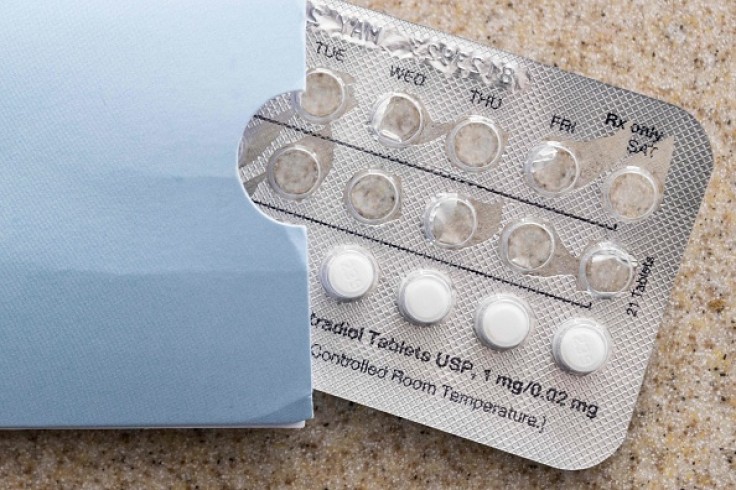
Google, the tech giant, has recently faced scrutiny over allegations that it earned more than $10 million by allowing misleading advertisements from "fake" abortion clinics.
A report released by the Center for Countering Digital Hate (CCDH) has brought attention to the concerning reach and influence of these ads, which aim to dissuade women from pursuing abortions. While the revenue generated from these ads is relatively small compared to Google's overall ad sales, the report emphasizes the significant impact they can have on individuals seeking accurate information about abortion procedures.
According to the CCDH report, researchers utilizing the Semrush analytics tool identified approximately 188 "fake clinic websites" advertised on Google between March 2021 and February 2023. These ads, designed to resemble genuine abortion clinics, were estimated to have been clicked on by users around 13 million times during the period under review.
According to CNN, alarming findings indicate that individuals searching for phrases such as "abortion clinics near me" were often redirected to so-called "crisis pregnancy centers." These centers, posing as supportive facilities, often employ deceptive tactics to discourage women from pursuing abortions, including offering unproven abortion pill reversal techniques.
Targeted Google Searches and Varied Spending
The CCDH report highlights the specific keywords and phrases associated with these misleading ads. Alongside searches for terms like "abortion pill," "abortion clinic," and "Planned Parenthood," crisis clinic ads frequently appeared.
Notably, clinics located in states where abortion is legal were found to invest twice as much in these targeted advertisements compared to clinics in states with abortion bans. The deliberate targeting based on search queries and geographical locations indicates a systematic approach to influencing individuals seeking abortion-related information.
In response to the allegations, Google emphasized its adherence to local laws regarding abortion-related advertisements. The company stated that advertisers must complete certifications and disclose whether they provide abortion services. Ads promoting abortion reversal treatments or misleading services are prohibited, and any content violating these policies is removed or blocked. Google has also reiterated its stance against allowing advertisements for abortion reversal pills due to the treatment's lack of approval by the FDA.
Data Privacy Concerns
Beyond the issue of misleading ads, concerns have arisen regarding the protection of abortion seekers' location data. Several Senate Democrats raised questions about Google's handling of users' location histories, particularly visits to sensitive locations such as abortion clinics.
According to The Guardian, privacy advocates conducted tests that revealed inconsistencies in the deletion of recorded visits to fertility centers and Planned Parenthood clinics. Although Google has not provided a comprehensive response, the company categorizes abortion clinics as sensitive locations and claims that data will be deleted "soon after" a visit.
The CCDH report exposing Google's substantial revenue from allowing misleading anti-abortion ads from "fake clinics" has sparked controversy and drawn attention to the need for stricter ad policies. The report sheds light on the extensive reach and influence these ads have on individuals seeking reliable and accurate information about abortion procedures.
As public scrutiny intensifies, Google faces mounting pressure to ensure transparency, protect user privacy, and prevent the dissemination of misleading content within its search results. The implications of these findings underscore the importance of robust measures to ensure the authenticity and accuracy of advertisements in sensitive and critical areas such as healthcare.